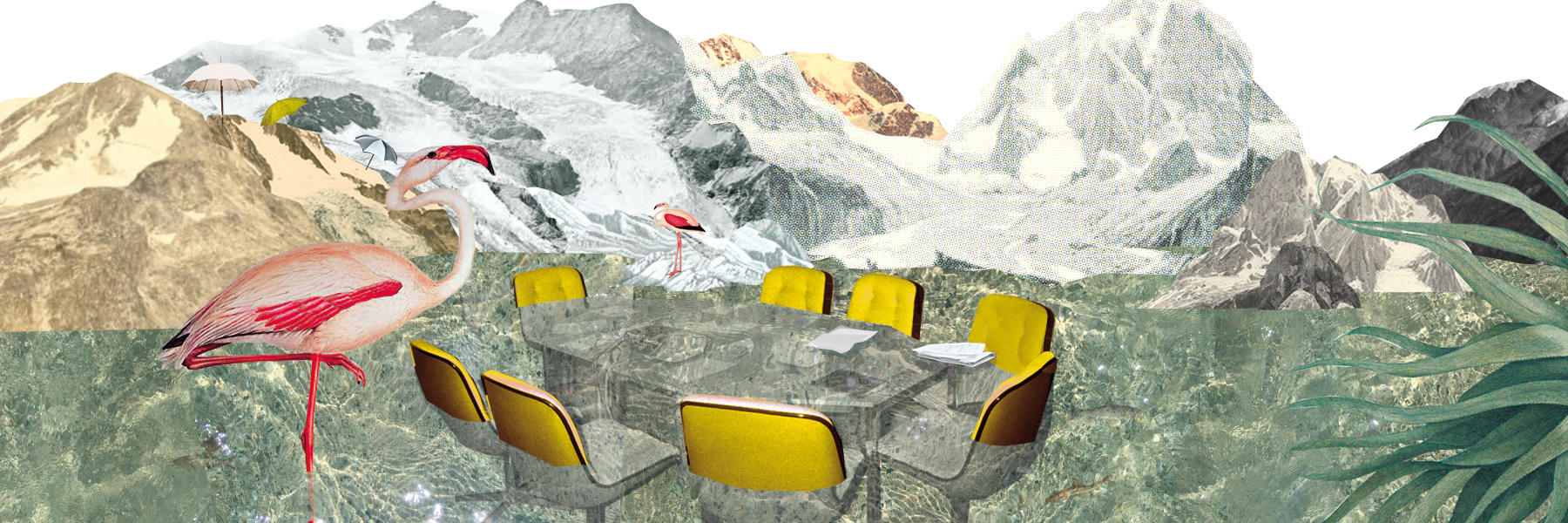
Global glacier melt is speeding up

Scientists have discovered that nearly all of the world’s glaciers are losing mass and thickness at an accelerated pace.
Published in the journal Nature on Wednesday, the findings are based on the most comprehensive and accurate data to date, say the researchers. This was the first study to include every glacier in the world – around 220,000 in total. Numerous universities and institutes contributed to the study, including Swiss ones.
Between 2000 and 2019, the world’s glaciers lost a total of 267 gigatonnes of ice per year on average – enough to put Switzerland under six metres of water. The melt rate increased considerably over the years: From 2000-2004 it was 227 gigatonnes, but from 2015-2019 it was 298. Over the course of 15 years, the glaciers lost 31% more snow and ice per year.
For their calculations, the researchers used photos captured via a multispectral imager on NASA’s Terra satellite. The ASTER imager has two cameras that provide high-resolution elevation models. Using these as well as a supercomputer, the team was able to measure changes in the thickness and mass of the ice. The study did not include the ice sheets of Greenland and Antarctica.
The research will be included in the next assessment report of the United Nations Intergovernmental Panel on Climate Change (IPCC).
“Our findings are important on a political level. The world really needs to act now to prevent the worst-case climate change scenario,” says co-author Daniel Farinotti, head of the glaciology group at ETH Zurich and the Swiss Federal Institute for Forest, Snow and Landscape Research WSL.
Some of the fastest melting glaciers are in Alaska, Iceland and the Alps. The study authors cite a shortage of meltwater in the Himalayas as a worry in terms of water and food security in India and Bangladesh in the next few decades.

More
Why melting glaciers affect us all

In compliance with the JTI standards
More: SWI swissinfo.ch certified by the Journalism Trust Initiative































You can find an overview of ongoing debates with our journalists here . Please join us!
If you want to start a conversation about a topic raised in this article or want to report factual errors, email us at english@swissinfo.ch.